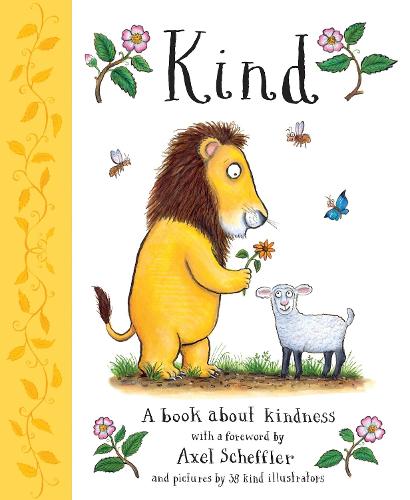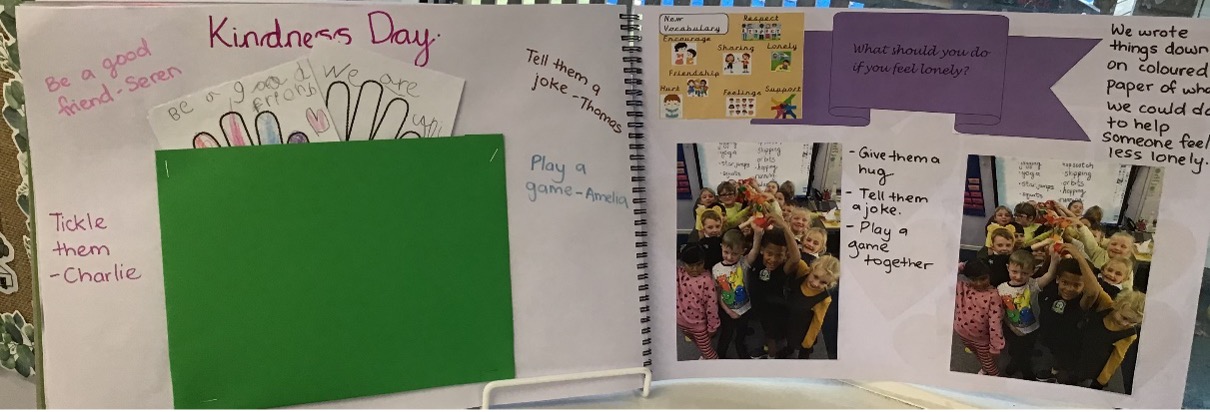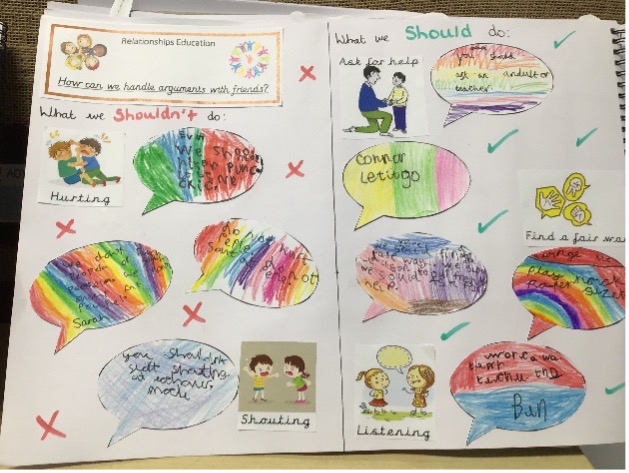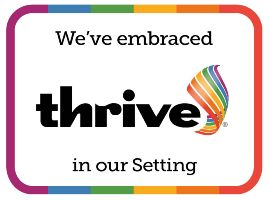All about...
PSHE/Safeguarding teaching at Glebe
PSHE Leaders
- Miss O'Connor
- Supported by: Mrs Devaney and Mrs Corr
The INTENT of PSHE at Glebe
Our PSHE curriculum is part of Glebe’s whole school ambitious core values based curriculum that encompasses key vocabulary, ‘big questions’ and inspiring texts. This PSHE curriculum has been organised and researched for Glebe by Glebe.
Our weekly big question covers one of three areas: relationships, living in the wider world and health and well-being. We use the PSHE Association as a starting point to ensure all statutory requirements are covered but then relate these to our own school experiences and NIC values. We use key texts to support our lessons, which provide a context for each big question. These texts are chosen specifically for the age group and represent our inclusive community. We present our work in a whole class NIC book in a variety of ways, which is displayed in classrooms for children to look back on and reflect when they wish.
The safeguarding curriculum at Glebe Primary has been developed as a way of informing our children of the potential risks that they or others may face. Our lessons and assemblies aim to inform our pupils on how to keep themselves and others safe from these risks and what to do if they have any safeguarding concerns. Throughout the curriculum the key for pupils is keeping safe. See below for detail on how this is taught across the school.
AIMS
At Glebe, we aim to ensure our pupils have strong understanding of three core themes within PSHE:
- Relationships
- Health and wellbeing
- Living in the wider world
These form the umbrella topics under which we look more closely at:
|
Core themes |
||
|
Relationships |
Living in the wider world |
Health and wellbeing |
|
Problem solving, co-operation and teamwork |
Citizenship and community spirit |
Confidence, self-worth and happiness |
|
Resilience |
Moral compass |
Physical health |
|
Families and friendships |
British values |
Keeping safe |
|
Safe relationships |
Belonging to a community |
Growing and changing |
|
Respecting ourselves and others |
Media literacy and digital resilience |
Mental health |
|
|
Money and work |
Emotional wellbeing |
At Glebe Primary, our aim for our PSHE/SRE curriculum to reflect the school’s vision and values, during ‘Big Question’ sessions learning is based around our principles of nurture, inspire and challenge. We wish to demonstrate and teach the skills, knowledge and understanding that pupils need to lead confident, healthy lives and to become informed, active and responsible citizens during their time with us, as they go on to secondary school and through to adulthood.
Children will learn about the emotional, social and physical aspects of growing up, relationships, sex, human sexuality and sexual health and the science of reproduction.
How we teach PSHE/SRE and Safeguarding at Glebe: The Big Question
All year groups will be studying the same core theme for several weeks each term. During this time, pupils will learn about a range of topics within the core theme. Whilst all year groups study the same theme, each week, year groups will have individual ‘Big Questions’ that focus on specific objectives and discussion points.
During ‘Big Question’ sessions, staff use a range of media and quality texts as a stimulus for discussion and debate. Children take part in a range of activities from written exercises, role play, group work, creative activities and so on. Discussion forms a large part of these sessions and we encourage all children to build confidence in sharing their thoughts, views and experiences with others; with the understanding that they are in a safe, non-judgemental and supportive space. Anything offered is listened to, valued and respected; children are under no obligation to share anything they do not wish to.
Children do not have individual PSHE books, each lesson, work is recorded and displayed in a whole class ‘Big Question’ book. Each session has a title highlighting the core theme and question and the work will be presented creatively by the teacher in the form of pictures of activities, examples of children’s work, comments made by children etc. These books create a fantastic display of PSHE learning across the year.
The structure of our PSHE curriculum can be seen below here:
The structure of our PSHE curriculum
Click here for the National Curriculum - guidance for PSHE
autumn 1 overview complete.pdf
spring 1 overview complete.docx
Spotlights within PSHE: Reception 'Kind' by Alison Green
 Reception classes, Apple and Cherry, have read the story ‘Kind’ by Alison Green and discovered lots of different ways we can be kind to one another. We made friendship bracelets and necklaces to give out, smiley faces to brighten someone’s day and even created a smiley face paper chain to remind us that kindness starts with a friendly face.
Reception classes, Apple and Cherry, have read the story ‘Kind’ by Alison Green and discovered lots of different ways we can be kind to one another. We made friendship bracelets and necklaces to give out, smiley faces to brighten someone’s day and even created a smiley face paper chain to remind us that kindness starts with a friendly face.
We have started Friendship Friday in Reception to build friendships and have been practising being kind to those who are hurt, including others in our games and working together in the outdoor area.
Well done Year R for showing us how to treat one another at Glebe!
Spotlight within PSHE -Kindness Week 2023
This week, we have been recognising 'Anti-bullying Week' across the school from EYFS to Year 6. A particular highlight was our 'Odd Socks Day' - we saw some amazing patterns and colours! 'Odd Socks Day' gave us the opportunity to reflect on our differences and the importance of celebrating what makes us unique.
During Year 1's learning, they discussed what they could do if a friend was feeling lonely or left out. Here are some of their responses:
“Give them a hug!” “Tell them a joke,” said Thomas, “Play a game together,” said Amelia.
They came up with lots of lovely ideas to encourage their friends and now know what they can do if they feel lonely too!

Year 2 thought about how they can handle arguments with their friends, discussing what they should and shouldn’t do to repair the relationship. Take a look at some of their answers:

Relationships Education support for parents/carers
Links to useful websites



